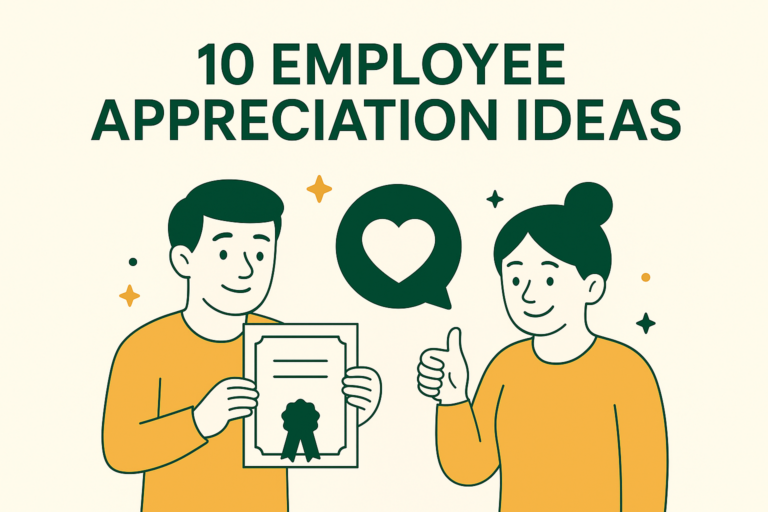Learning management system (LMS) stand out as powerful platforms capable of revolutionizing how nonprofits manage their training and development initiatives. These versatile systems offer a host of benefits, from streamlining onboarding processes to enhancing volunteer engagement.
“Start boosting your nonprofit today with our FREE LMS DEMO!”
Transforming Nonprofits: The Power of Top Learning Management System
Learning management systems (LMS) have emerged as invaluable tools for organizations across various sectors, including nonprofits. These LMS platforms offer a myriad of benefits, from streamlining training processes to enhancing employee engagement. In the realm of nonprofits, where resources are often limited and efficiency is paramount, LMS adoption can be truly transformative.
In this article, we will delve into the transformative potential of the best learning management systems for nonprofits, exploring six key ways in which these platforms can drive organizational growth and success.
From cost-effective training solutions to enhanced compliance and reporting capabilities, the adoption of an LMS (Learning management systems) holds the promise of unlocking new opportunities for nonprofits to achieve their mission and create lasting social change.
Join us as we explore the profound impact that top learning management systems can have on the nonprofit sector and discover how organizations can harness the power of technology to propel their mission forward. The six ways are:
- Enhanced Accessibility and Flexibility
- Cost-Effective Training Solutions
- Improved Learning OutcomesStreamlined Onboarding Processes
- Streamlined Onboarding Processes
- Increased Volunteer Engagement
- Enhanced Compliance and Reporting
Now, let’s explore them in detail.
Enhanced Accessibility and Flexibility
One of the primary advantages of implementing a top learning management system within a nonprofit is the enhanced accessibility it provides. With an LMS (Learning Management System), employees, volunteers, and stakeholders can access training materials and resources from anywhere, at any time, as long as they have an internet connection.
This flexibility is particularly beneficial for nonprofits that operate across multiple locations or have remote staff members. Additionally, LMS platforms often support various devices, including computers, tablets, and smartphones, further expanding access to learning resources.
Cost-Effective Training Solutions
Nonprofits are constantly striving to maximize their resources and allocate funds efficiently. Traditional training methods, such as in-person workshops or seminars, can be costly and time-consuming to organize. By contrast, learning management systems (LMS) offer a cost-effective alternative.
These platforms enable nonprofits to create, deliver, and manage training materials online, eliminating the need for expensive venue rentals, travel expenses, and printed materials. Moreover, many LMS (learning management system) providers offer flexible pricing plans tailored to the specific needs and budget constraints of nonprofit organizations.
Improved Learning Outcomes
The interactive nature of learning management systems can significantly enhance learning outcomes within nonprofit organizations. LMS (learning management system) platforms often incorporate multimedia elements, quizzes, and assessments, allowing learners to engage with the content in a more dynamic and immersive manner.
Furthermore, many LMS solutions offer analytics and reporting features that enable nonprofits to track the progress of individual learners and identify areas for improvement. By leveraging data-driven insights, nonprofits can tailor their training programs to better meet the needs of their staff and volunteers, ultimately leading to improved learning outcomes.
Streamlined Onboarding Processes
Effective onboarding is crucial for integrating new employees and volunteers into the culture and operations of a nonprofit organization. However, manual onboarding processes can be time-consuming and prone to errors.
A top learning management system (LMS) can streamline the onboarding process by providing new hires with access to comprehensive training materials, policies, and procedures in a centralized online platform. This ensures that all new staff members receive consistent and standardized training, regardless of their location or role within the organization
Additionally, LMS (learning management system) platforms can automate administrative tasks, such as tracking completion status and sending reminders, further streamlining the onboarding experience.
Increased Volunteer Engagement
Volunteers play a vital role in the success of many nonprofit organizations, but keeping them engaged and motivated can be a challenge. Top Learning management systems (LMS) can help nonprofits effectively engage and retain their volunteer base by providing them with access to valuable training and development opportunities.
By offering volunteers the chance to enhance their skills and knowledge through online courses and resources, nonprofits can demonstrate their commitment to their personal and professional growth. Moreover, LMS platforms can facilitate communication and collaboration among volunteers, fostering a sense of community and belonging within the organization.
Enhanced Compliance and Reporting
Compliance with regulatory requirements and industry standards is essential for nonprofits to maintain their credibility and integrity. top Learning management systems can help nonprofits ensure compliance by delivering training on relevant laws, regulations, and best practices.
LMS (Learning management system) platforms often feature built-in tracking and reporting capabilities, allowing organizations to monitor and document employee and volunteer participation in compliance training activities. In the event of an audit or inquiry, nonprofits can easily generate comprehensive reports to demonstrate their adherence to relevant regulations.
By leveraging an LMS for compliance training, nonprofits can mitigate risks and uphold their commitment to transparency and accountability.
Conclusion
In conclusion, LMS implementation represents a significant opportunity for nonprofits to revolutionize their operations and achieve greater impact. Through enhanced accessibility, cost-effective training solutions, and improved learning outcomes, LMS platforms empower organizations to maximize the potential of their workforce and volunteers.
By streamlining onboarding, boosting volunteer engagement, and ensuring regulatory compliance, nonprofits can achieve long-term success and sustainability. As they navigate complex challenges and embrace digital transformation, top learning management systems (LMS) become vital for organizational growth and effectiveness.
With a focus on innovation, nonprofits can utilize LMS platforms to advance their missions and drive positive change. Adopting a leading LMS can transform training processes, enhance employee and volunteer engagement, and maintain compliance. Embracing innovative technologies like LMS is essential for nonprofits to stay ahead of evolving challenges.
Embracing the Future with Acadle
At the forefront of this digital revolution is Acadle, a leading provider of LMS (Learning management system) solutions tailored to the unique needs of nonprofit organizations. By partnering with Acadle, nonprofits can unlock the full potential of their workforce and drive positive change in their communities.
As we look to the future, it is clear that organizations that embrace the transformative power of top learning management systems, such as Acadle, will be best positioned to thrive in an ever-evolving landscape and make a meaningful difference in the world.



